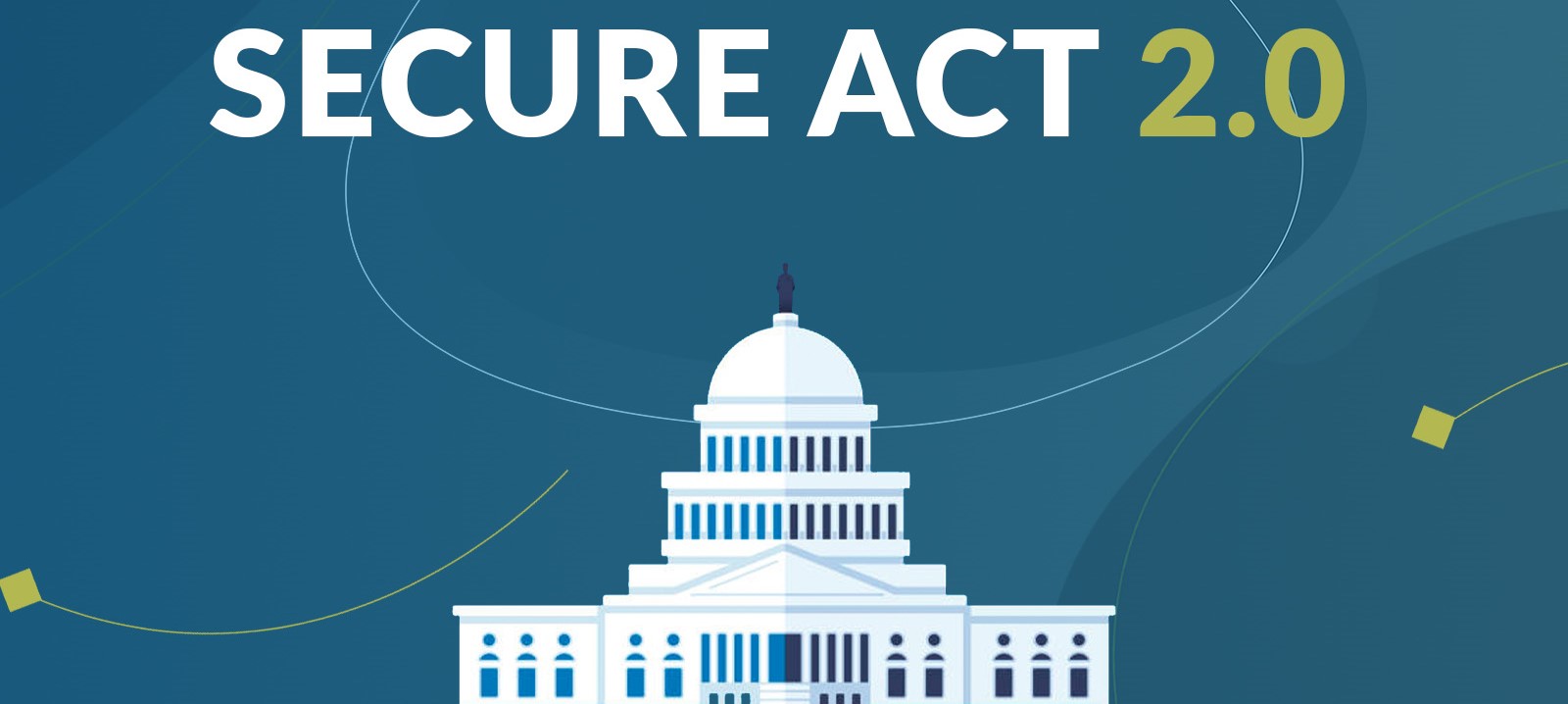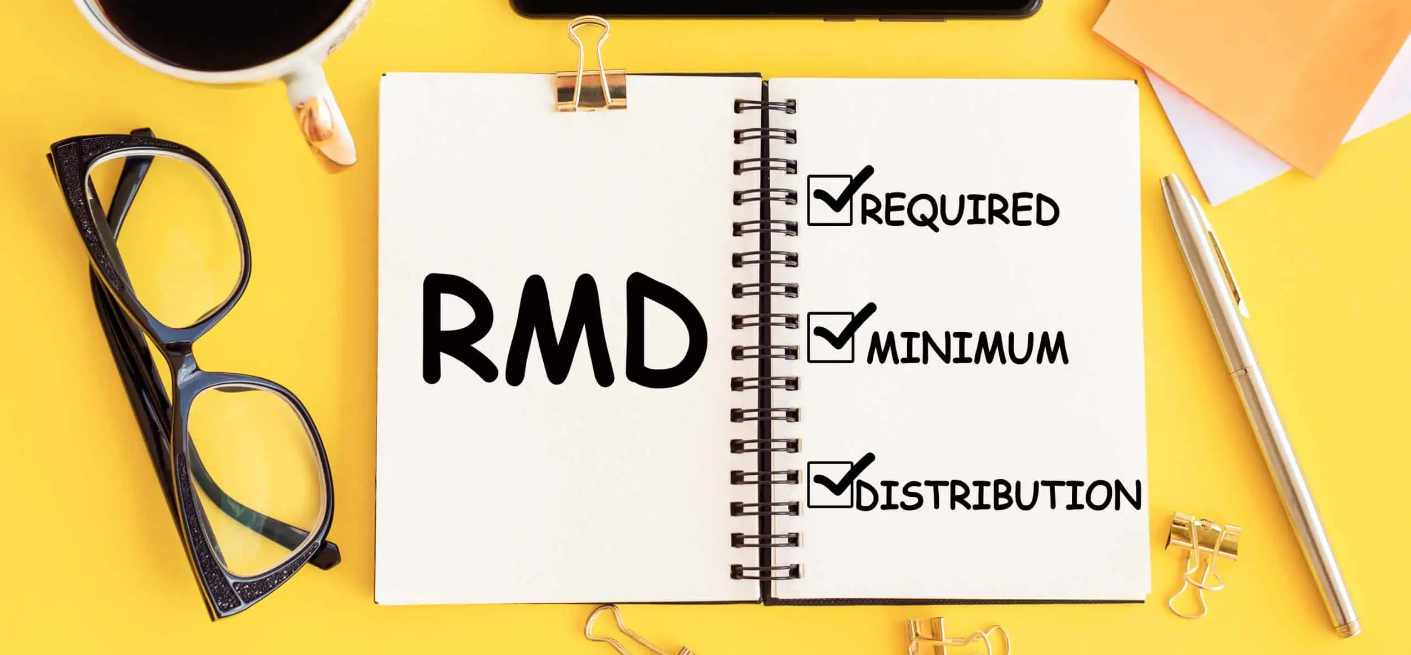Since 1986, the RMD age was planted at 70 ½. In the past three years, it has increased to 72, to 73, and will eventually jump to 75. No wonder there is confusion. The age a person uses to determine when lifetime IRA RMDs start is 100% predicated on the date of birth. End of story. Yes, the very first RMD can be delayed until April 1 of the year after the first RMD year. The delay gives people a couple of months of wiggle room on that first RMD as they get settled into a distribution process. However, if the first RMD is delayed, you will have to take two RMDs in the “delayed” year – the delayed first RMD by April 1, and the second RMD by December 31. Also, delaying the first RMD to April 1 does not change your first RMD age. There is no free pass.
As such, use this guide to determine precisely which RMD age to use:
Age 70 ½
Anyone born on June 30, 1949, or earlier should have already started lifetime IRA RMDs and is bound by the original age 70 ½ RMD rule. Nothing changes with the original SECURE Act or SECURE 2.0. Continue to take your annual RMDs as normal.
Age 72
Anyone born on July 1, 1949, through and including December 31, 1950, should have already started lifetime IRA RMDs and is bound by the original SECURE Act RMD age change to 72. Nothing changes with SECURE 2.0. Continue with your existing RMD schedule.
Age 73
Anyone born on January 1, 1951, through and including December 31, 1959, will use age 73 as their IRA RMD age. Note that we need a year to adjust to the new age, and 2023 is that adjustment year. People born in 1951 will all turn 72 this year. No RMD is required for these folks in 2023 because the rule is now age 73, and they won’t hit 73 until next year. Accordingly, no one will have their very first IRA RMD in 2023, because this year we are transitioning to a new age.
Age 75
We will cross this bridge when we get to it in a decade.
By Andy Ives, CFP®, AIF®
IRA Analyst











